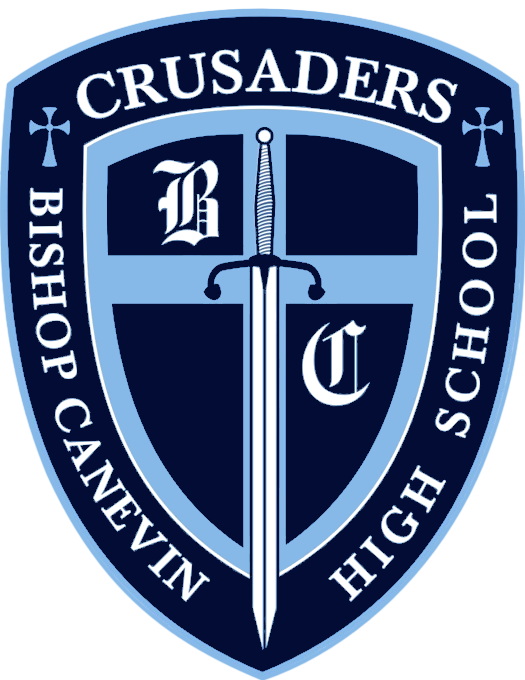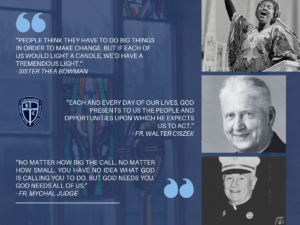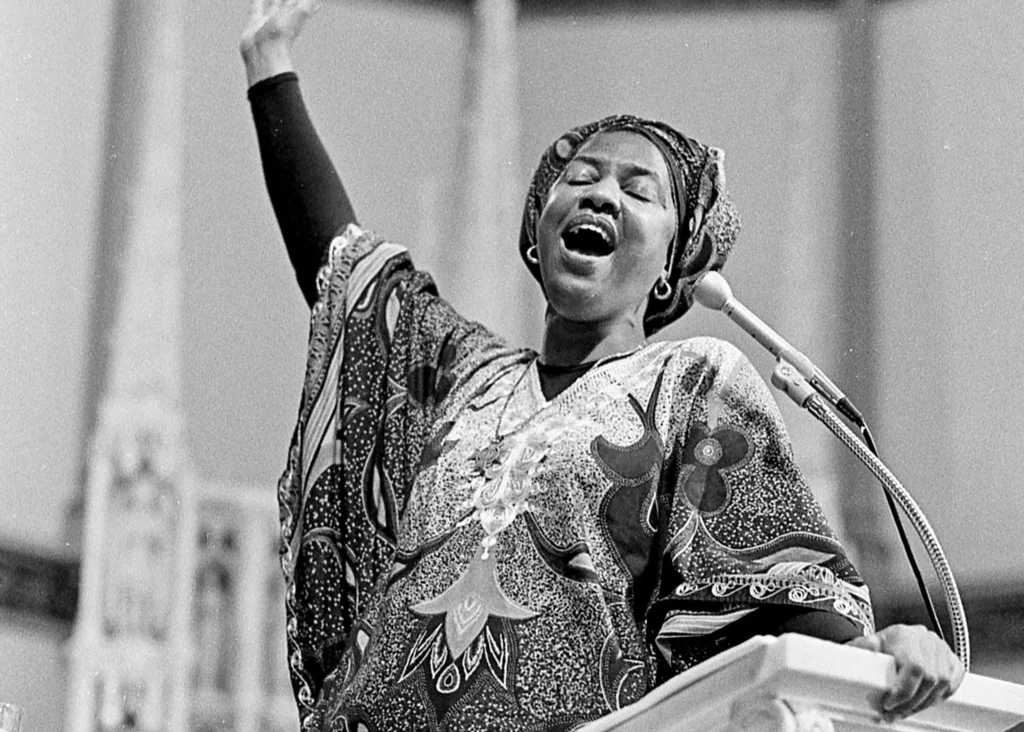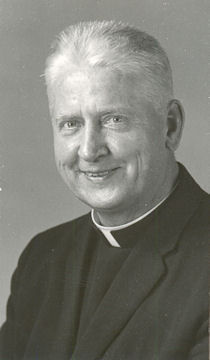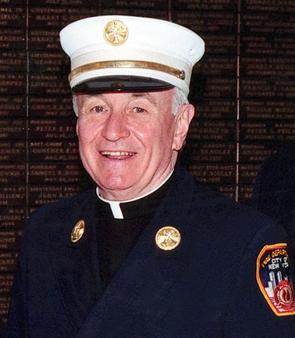Bowman House
House Mentors:
Mr. Joe Fearer, Mrs. Marguerite Miller, Dr. Robert Hein, Mrs. Christine Westrick, Ms. Amy Smith, and Mr. Mark Petrovich.
House Jesuit Namesake:
Sr. Thea Bowman
-
Thea Bowman was born on December 29, 1937 in Yazoo City, Mississippi. She was raised Protestant until she was nine years old when she asked her parents to let her become a Catholic.
-
Thea loved sharing God’s love with others and did so through a teaching career. She taught at all levels of education, and after 16 years got an offer to become a consultant with the Bishop of Jackson, Mississippi.
-
As a consultant, Thea used her lively personality that utilized her gifts of singing, gospel preaching, and storytelling to break down barriers and encourage communication between different cultures.
-
In 1984, Thea was diagnosed with cancer and she prayed to God “to live until I die.” Despite her diagnosis, She continued to host her gatherings and lead them in song, Thea even got a room full of bishops to sing gospel hymns.
-
Thea lived a life where she fought prejudice and hatred until her death in 1990.

